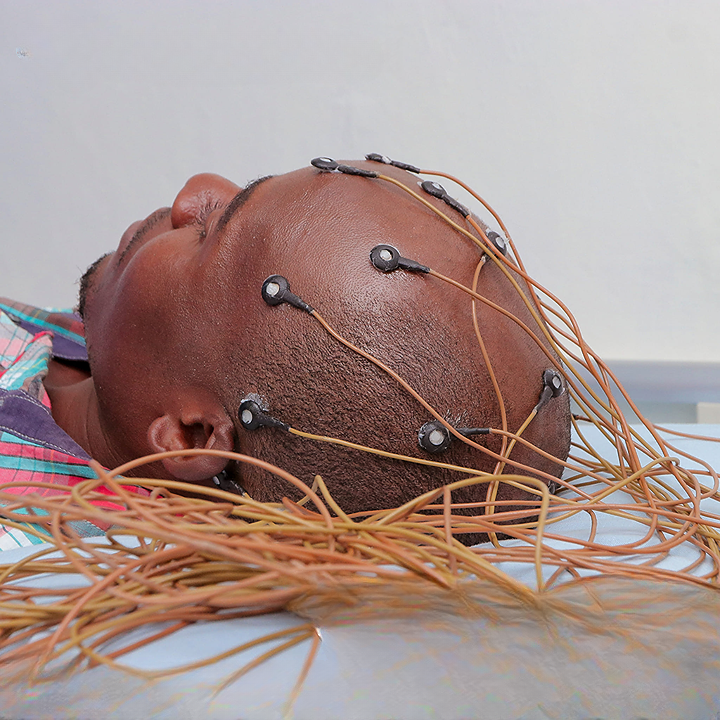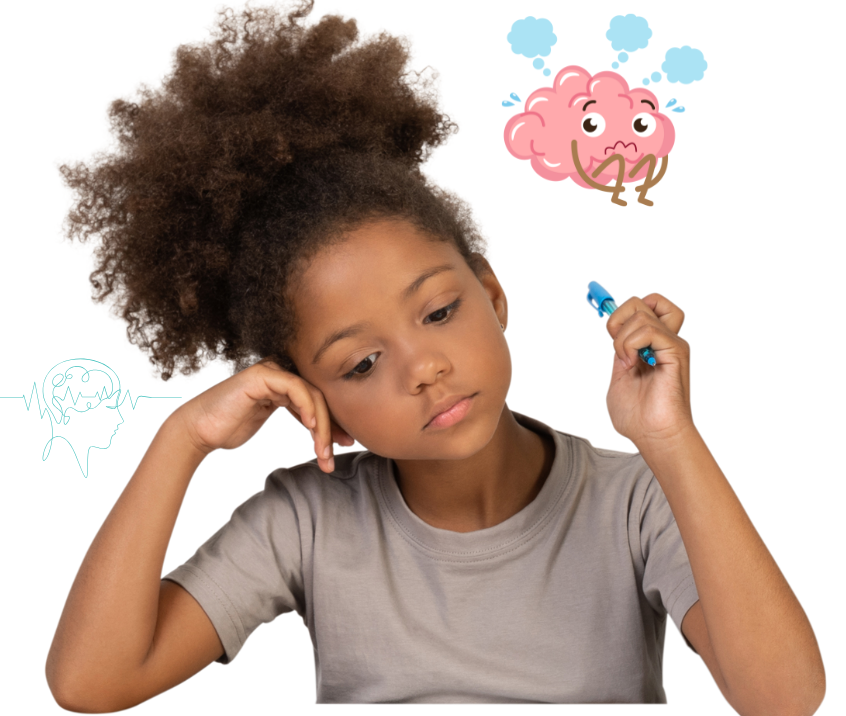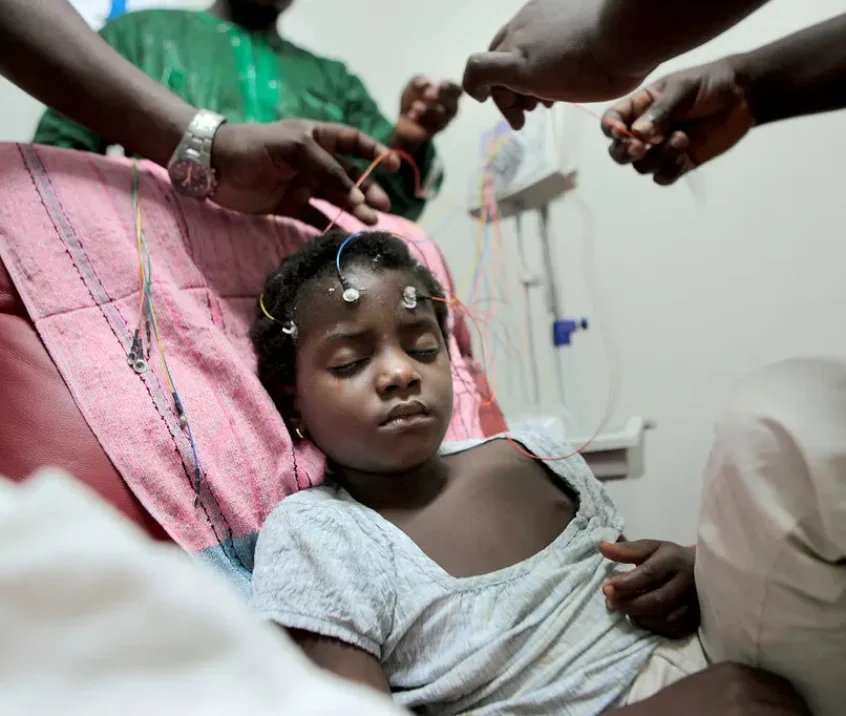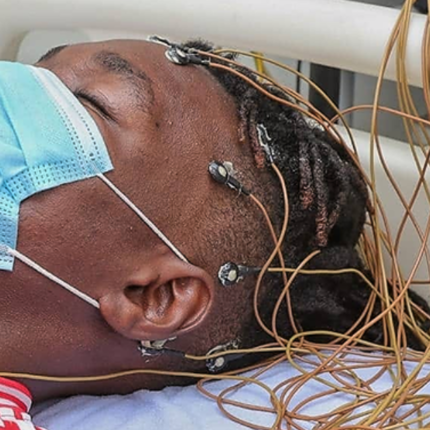Break Free from Depression Today!
Depression isn’t just a phase—it’s a serious condition that affects both the mind and body. But you don’t have to face it alone. At Kampala EEG Lab, we use advanced EEG technology to uncover the neurological patterns behind depression and support your path to healing.toward effective solutions.

Understanding Depression
Depression is a mood disorder that causes a persistent feeling of sadness and loss of interest. Also called major depressive disorder or clinical depression, it affects how you feel, think and behave and can lead to a variety of emotional and physical problems. You may have trouble doing normal day-to-day activities, and sometimes you may feel as if life isn’t worth living.
More than just a bout of the blues, depression isn’t a weakness and you can’t “simply snap” of it.
Depression may require long-term treatment. But don’t get discouraged. Most people with depression feel better with medication, psychotherapy or both.
symptoms in children and teens
Common signs and symptoms of depression in children and teenagers are similar to those of adults, but there can be some differences.
- In younger children, symptoms of depression may include sadness, irritability, clinginess, worry, aches and pains, refusing to go to school, or being underweight.
- In teens, symptoms may include sadness, irritability, feeling negative and worthless, anger, poor performance or poor attendance at school, feeling misunderstood and extremely sensitive, using recreational drugs or alcohol, eating or sleeping too much, self-harm, loss of interest in normal activities, and avoidance of social interaction.


Depression symptoms in older adults
Depression is not a normal part of growing older, and it should never be taken lightly. Unfortunately, depression often goes undiagnosed and untreated in older adults, and they may feel reluctant to seek help. Symptoms of depression may be different or less obvious in older adults, such as:
- Memory difficulties or personality changes
- Fatigue, loss of appetite, sleep problems or loss of interest in sex — not caused by a medical condition or medication
- Often wanting to stay at home, rather than going out to socialize or doing new things
- Suicidal thinking or feelings, especially in older men


Contact Us
Our Location
Upper Mulago Hill, Next To Mulago, Kampala
Contact Phone
+256751943706
Email Address
info@kampalaeeglab.com
Open Hours
Mon-Fri 10:00 AM - 03:00 PM,
Sat-Sun 09:00 AM - 6:00 PM
How EEG Testing Can Help
EEG testing Helps by identifying specific brain activity patterns associated with the condition, allowing for a more personalized approach to diagnosis and treatment, including predicting which treatment method might be most effective for a particular patient, as it can reveal abnormalities in brain wave patterns like decreased delta power, increased high-frequency power, and altered frontal alpha asymmetry, which are often observed in individuals with depression.
Complications of Depression
Depression is a serious disorder that can take a terrible toll on you and your family. Depression often gets worse if it isn’t treated, resulting in emotional, behavioral, and health problems that affect every area of your life.
- Excess weight or obesity
- Pain or physical illness
- Alcohol or drug misuse
- Anxiety, panic disorder, or social phobia
- Family conflicts, relationship difficulties
- Social isolation
- Suicidal feelings or suicide attempts
- Self-mutilation
- Premature death from medical conditions
Book Your EEG Brain Scan Today in Kampala
Don’t wait. Our specialists are ready to help you get clarity. Book your EEG test now and take the first step to recovery.